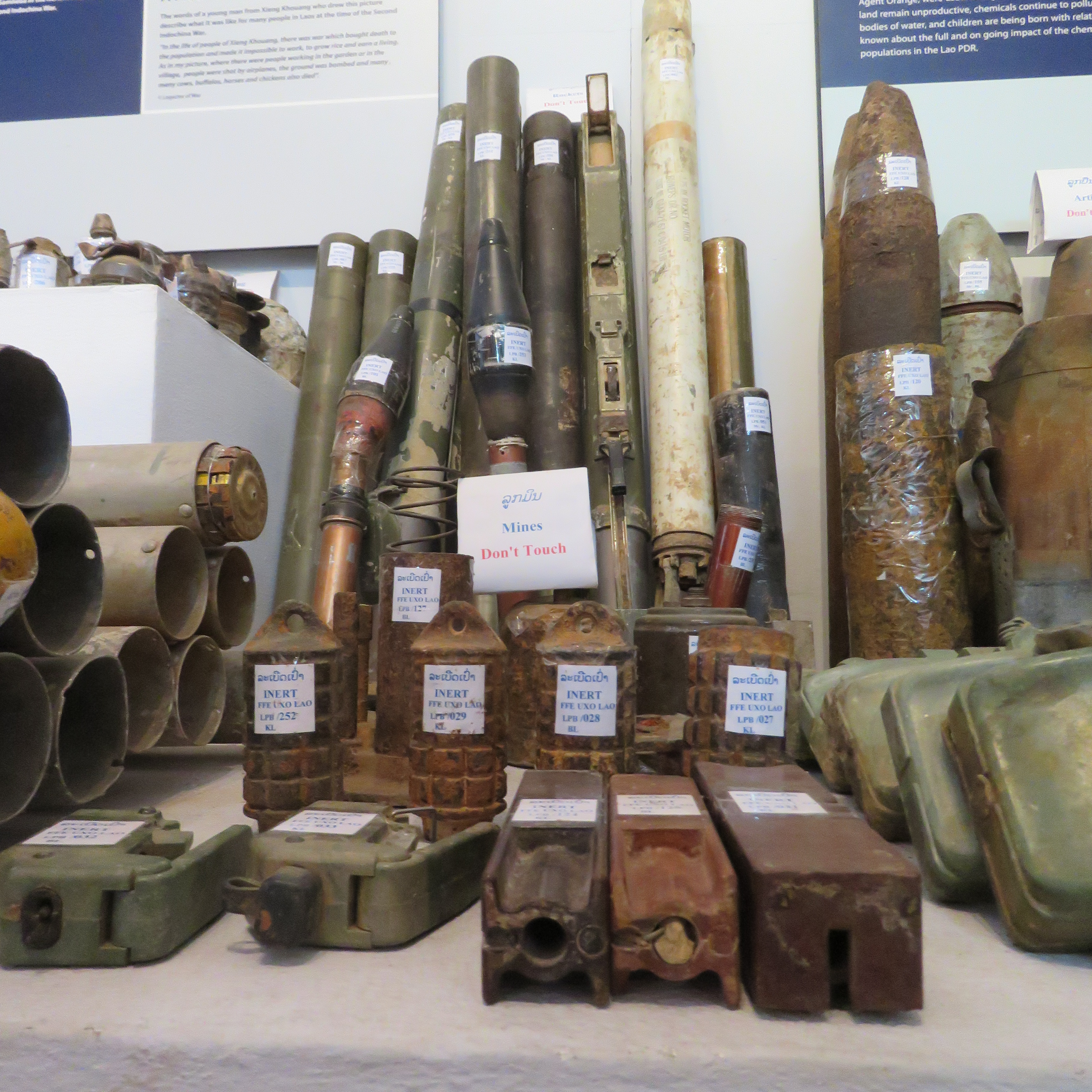I have always loved being a student. As stressful as it was finishing my degree a few years back, I felt so incredibly motivated while I was at the University of Winnipeg. My major was in English Writing & Literature, but I took classes in Anthropology, Classical History, Drama, Psychology, Astronomy and so much more. These classes taught me about the world, taught me to think and dig for information and most importantly, they taught me that there is always more to learn!
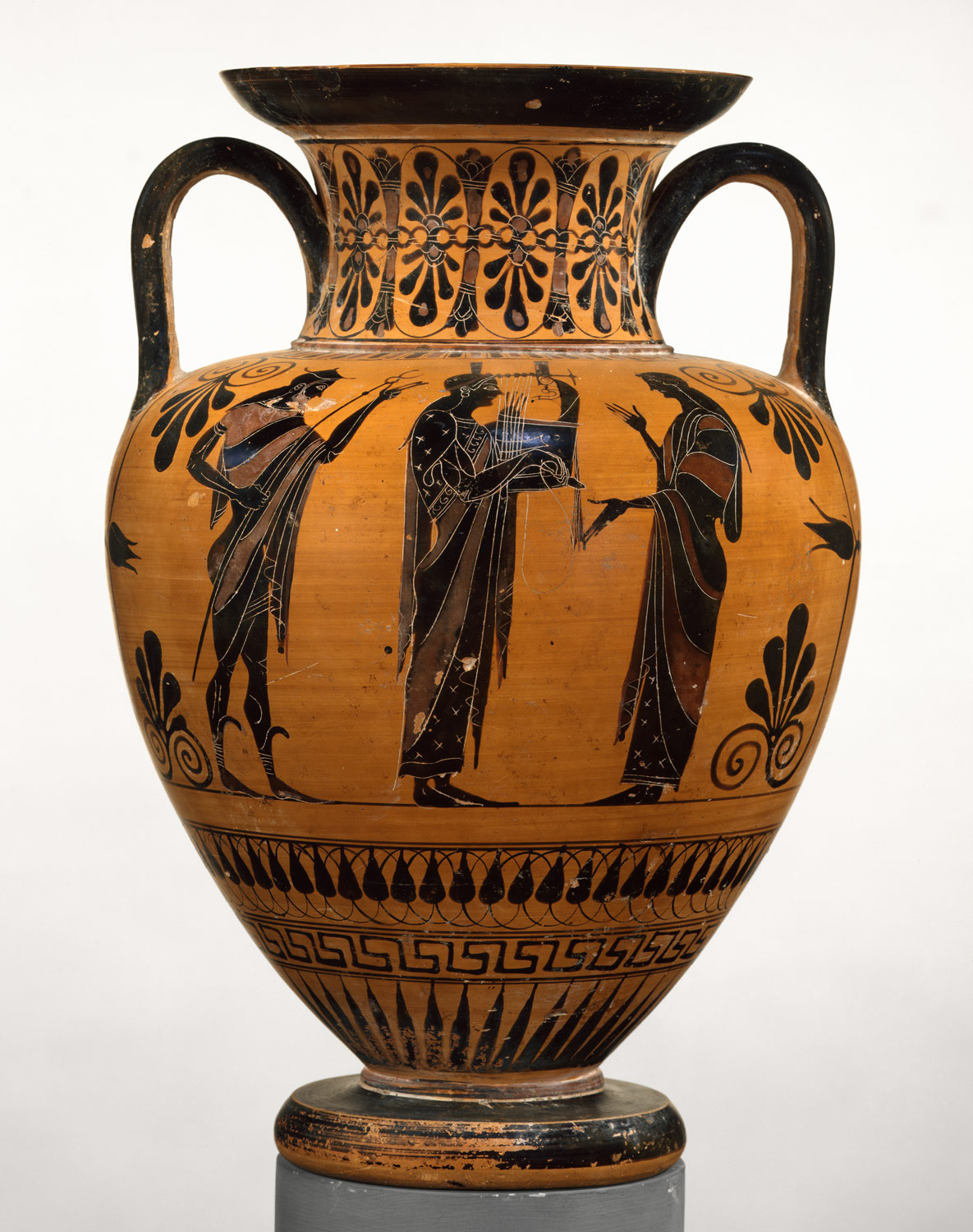
There are 2 classes that I feel really changed the way I see the world. The first one was Physiological Psychology. In this class, I learned about the different structures of the brain and what they are responsible for. I also learned what happens when you damage those areas of the brain and I learned a lot about mental illness as a result. Now, 4 years later, a month doesn’t go by when I don’t either think about or discuss things I learned in that class. I finished Physio Psych with the worst grade of my degree, but it was one of the most eye-opening courses I ever took.

The other class that changed my perspectives was a random elective course I chose to fill out my semester. I literally chose it because it was available in a convenient time slot, but by the time the first lesson was finished, I was hooked and knew I wouldn’t be skipping my Tuesday night 6pm lessons. “Needs of Refugees” was all about refugee crises around the world.
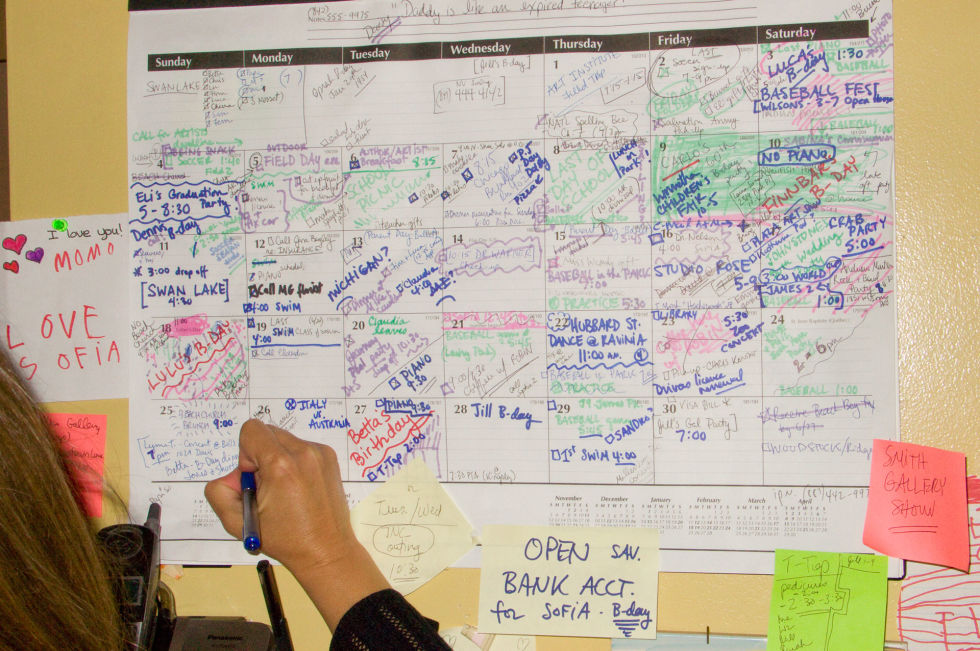
The focus of the class was mostly on the process these people go through to get placement in other countries. I had 2 professors for that class. One of my profs was a woman who had spent months abroad working in refugee camps in Palestine, Kenya and a few others I can no longer remember. The other professor was a Somali man who had fled Mogadishu with his family when he was a child.
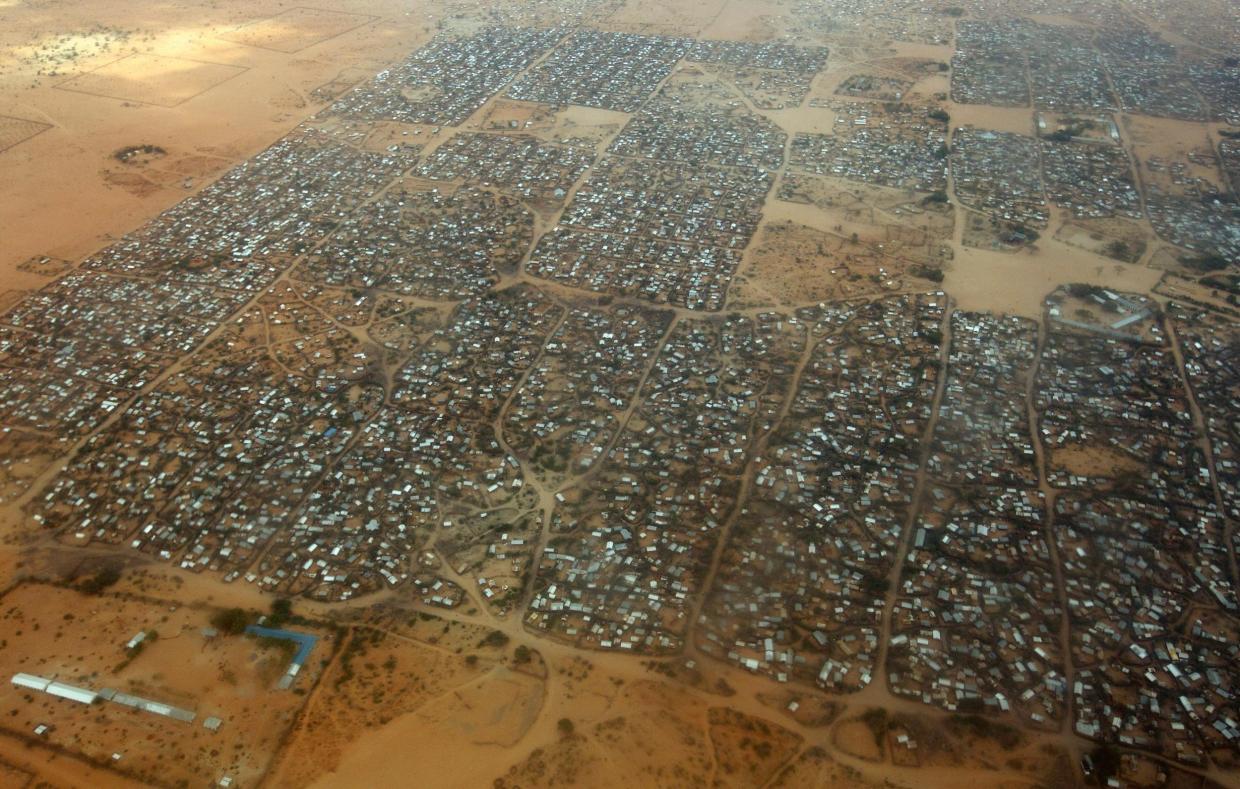
Through this class, I met several refugees, all from different conflicts and different areas of the world. I met a woman who had to flee Iraq because her husband had been arrested and the government was coming after her next so she had to flee with her two teenage sons. I met a woman from Myranmar who had fled years ago, who began her own small weaving business in Winnipeg.
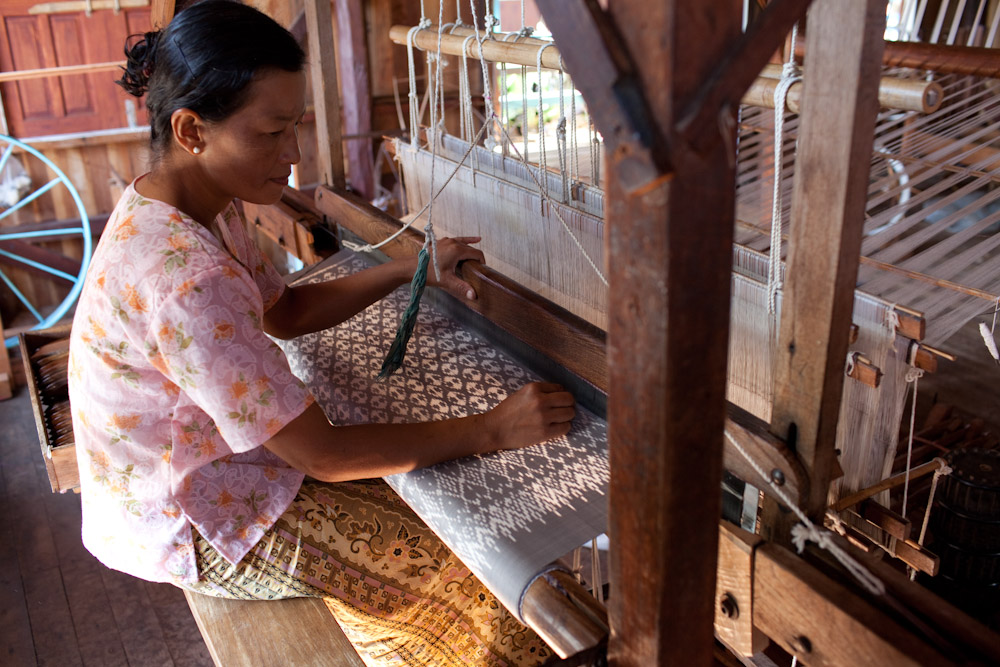
I also interviewed a man from the Congo. He was angry. He’d been in Canada for more than 10 years when I met him. He’d been struggling for a decade to find a suitable job, but because he’d been living in a refugee camp for the better part of his life, he had little education and few skills. It frustrated him that he had so little opportunities in Canada. Still, at the end of the interview, he took a moment to clarify that although he was angry, he was also grateful. He told me he’d rather have no opportunities in Canada than to wake up to the sound of bombs back in The Congo. He taught me a lesson about gratitude.
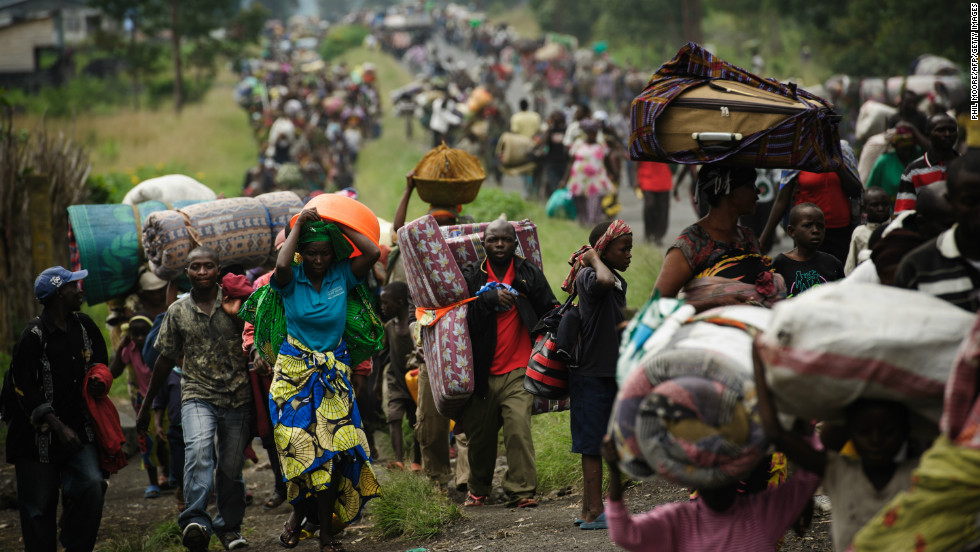
If you have me as a friend on Facebook, you know how I feel about helping Refugees. You also know how I feel about mental illness and trying to fight past the taboos that prevent people from getting help. I didn’t always care about these things. I’m sure that I’ve made thoughtless comments about mental health through the years. I know that there was a point in my life where I never really even thought about what a refugee even was.
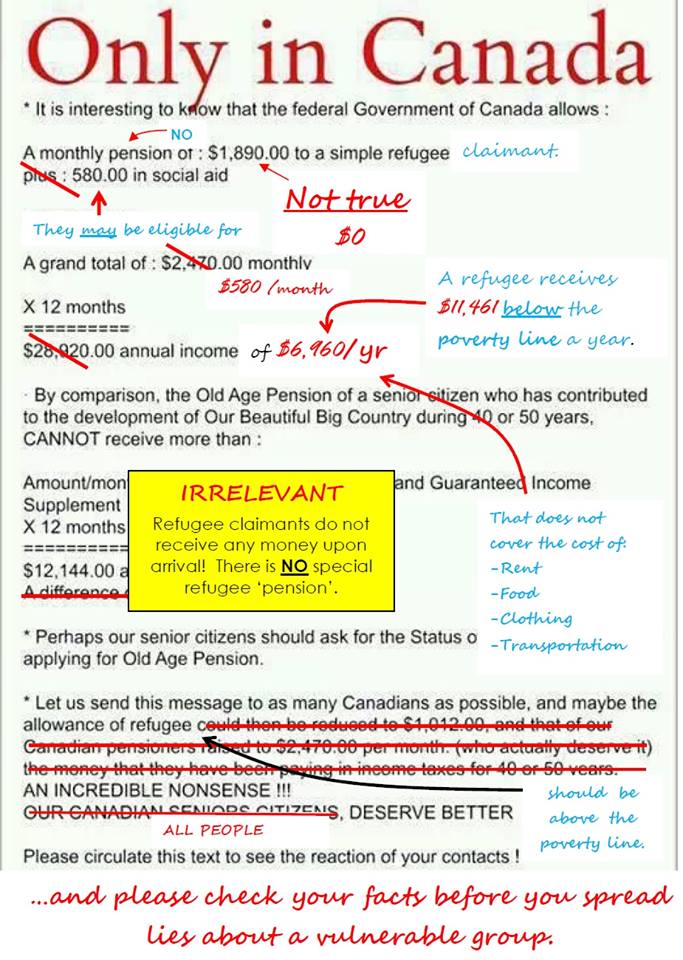
But school isn’t the only place where my perspectives have shifted. Travelling has taught me so much about the world. Since moving to Guiyang in 2014, I’ve learned about what it means to be an ethical tourist, I’ve seen real poverty and I’ve spent a great deal of time educating myself about the history of South East Asia and India (something never covered in my high school history courses…).
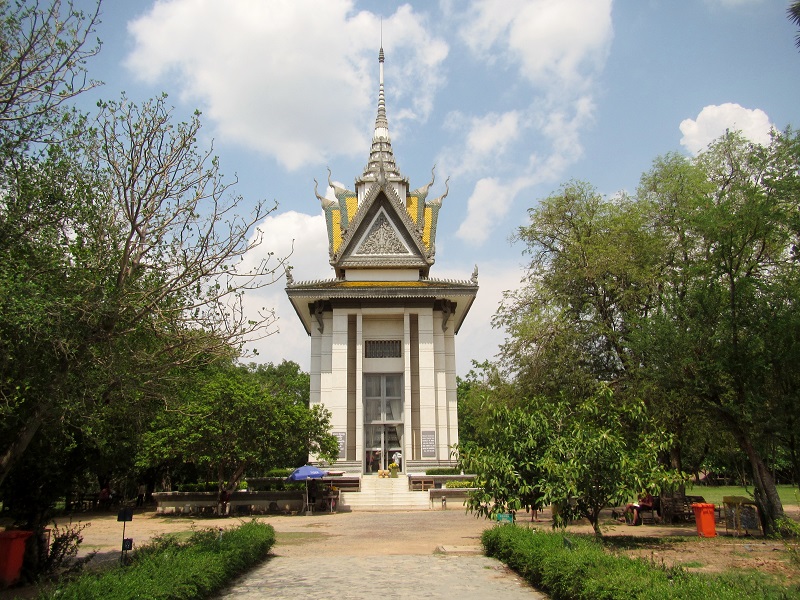
Of course, being in Vietnam has also given me some new perspectives. I knew about the Vietnam war. I knew about the draft, the protests and I knew about the fight against communism. I had never really considered what all this meant for people on the other side of the ocean though…
Now, I’m not here to say that the Vietnamese didn’t do awful things to American soldiers, but when you see things that that happened to the people here, you can’t help but wonder how Vietnam could have possibly deserved the war crimes they endured during that horrible war. Napalm, agent orange and mass bombing campaigns nearly destroyed the country and even today you can see victims of Agent Orange. The chemical created genetic defects that are still being passed onto the current generation. It’s pretty awful stuff.
It’s easy for people in North America to shrug off the Vietnam war because it was so long ago now, but in Vietnam, the war still affects people. There are still bombs all over the country that never detonated properly during the war. Every year, people lose limbs and lives because of these UXOs.
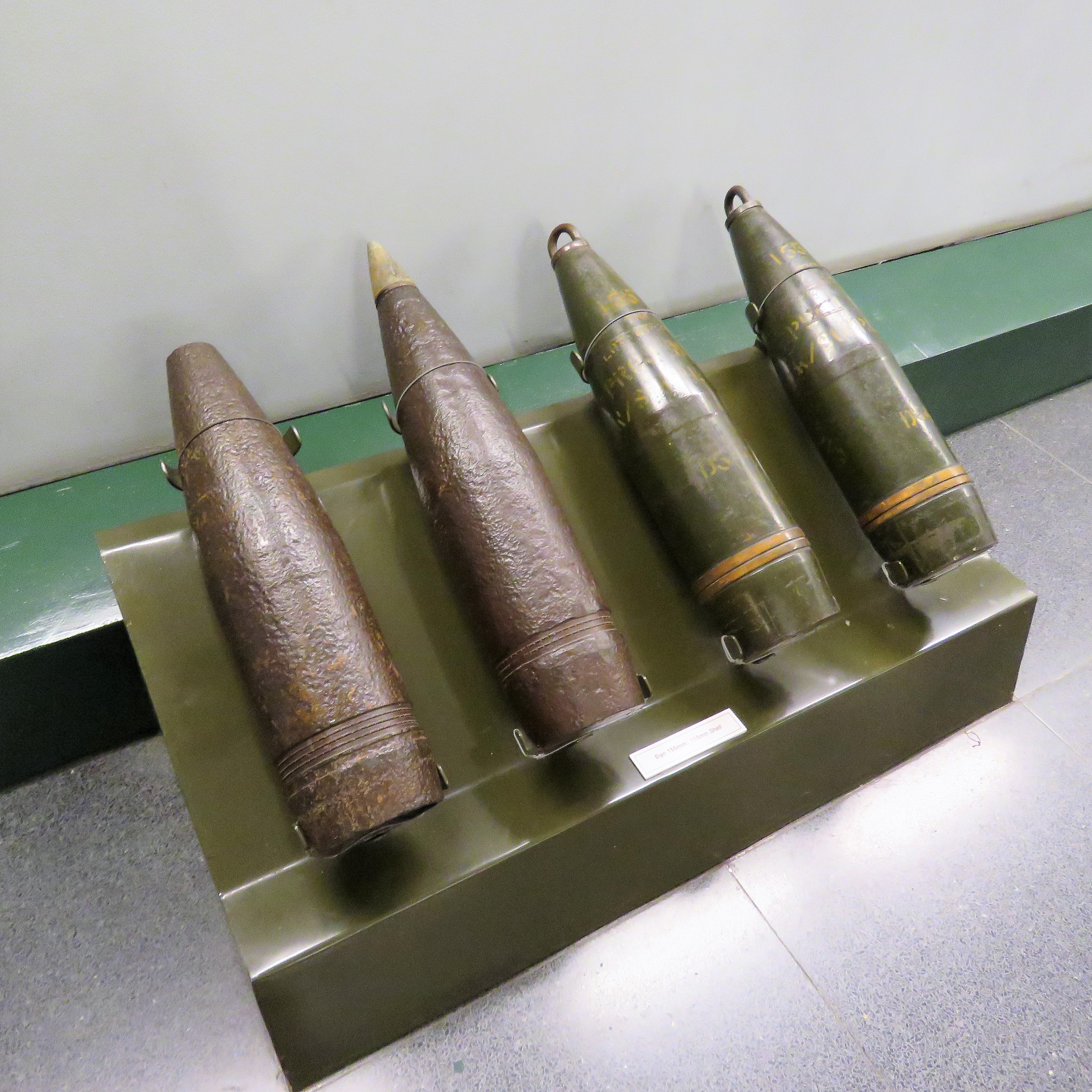
We visited the War Remnents museum when we were in Saigon, and learned about the war through pictures as well as through a few displays. Horrible stuff was done here.
We also made a short visit to the Phu Quoc prison, where thousands of enemy soldiers were kept during the war. The first thing both Dave and I noticed was how much the prison looked like a concentration camp.
But Vietnam was not the only country affected by the Vietnam War…
Laos is often forgotten during discussions about that 20 year war. I’ve mentioned in other posts that Laos is the most bombed country in the world. We learned more about what that actually means at the UXO museum in Luang Prabang.
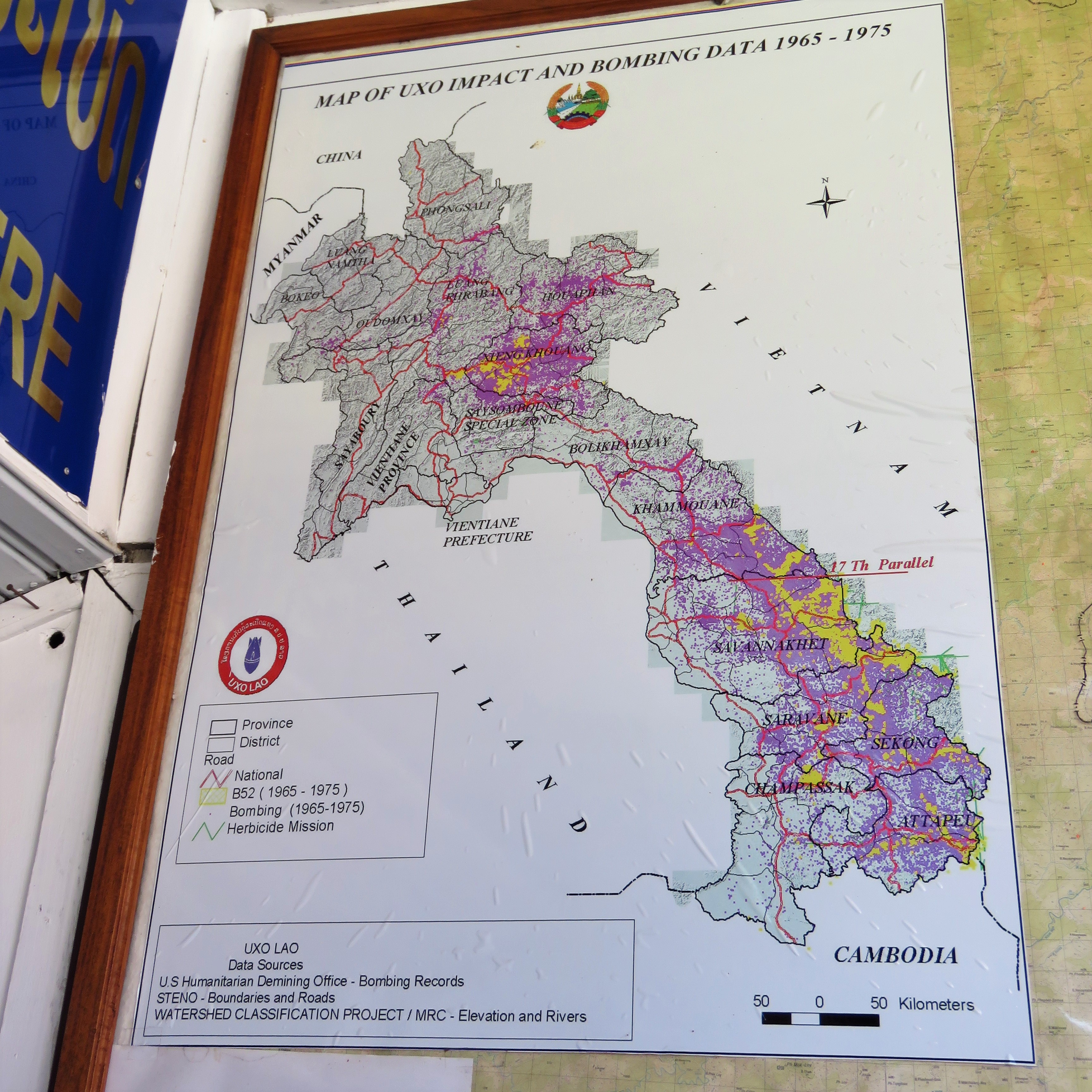
America dropped 260 million cluster bombs on Laos over the course of 580,000 bombing missions. This is equivalent to a planeload of bombs being unloaded every eight minutes, 24 hours a day, for nine years. There are still 78 million bombs in Laos, that need to be detonated, and as you can imagine, this caused a lot of problems from this developing nation.
The UXO museum was quite an experience…In addition to having a wide variety of bombs on display, there were a few videos to watch and lots of information of how the UXOs still affect Laos today.
I guess what I’m getting at with all of this is that there’s always more to know. There’s so much happening all over the world right now…I feel like the best thing any of us can do is to educate ourselves. After all, how can you really have an opinion about things when you only ever hear 1/2 of the story.
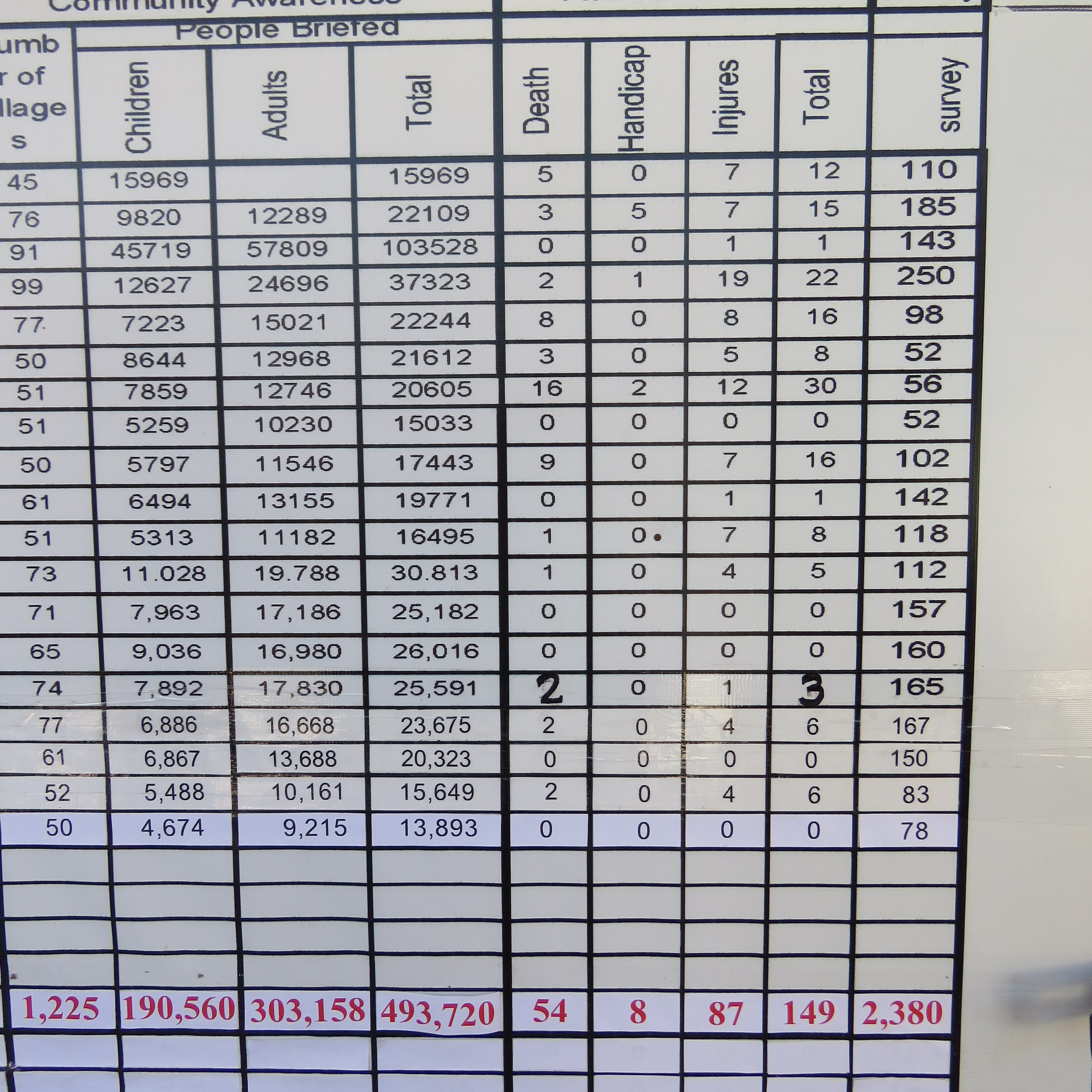
I know that when I have kids, I will encourage them to travel. You can learn about so much more than food and temples when you’re in another country.

So there you have it…those are my two cents.
Next, I’ll be writing about our week on the island of Phu Quoc! Stay tuned!!!
